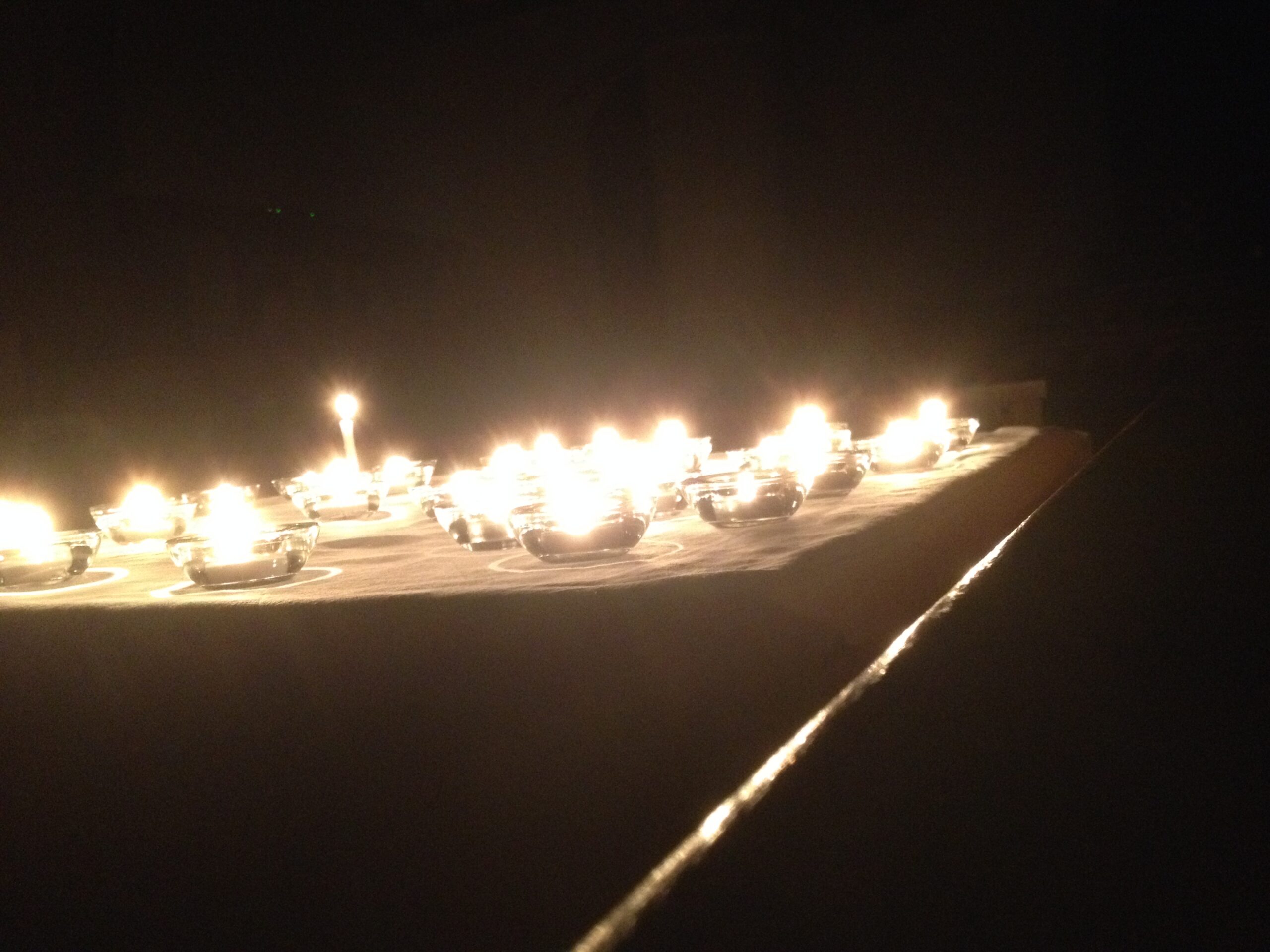
5th November 2023:
Watch this week's service on YouTube
Download the order of servicehere: 23 11 05 Memorial service
Read this weeks Church News
The Reading
John 6. 37 - 40
Jesus said, ‘Everything that the Father gives me will come to me, and anyone who comes to me I will never drive away; for I have come down from heaven, not to do my own will, but the will of him who sent me. And this is the will of him who sent me, that I should lose nothing of all that he has given me, but raise it up on the last day. This is indeed the will of my Father, that all who see the Son and believe in him may have eternal life; and I will raise them up on the last day.’
Scripture Quotations are from: New Revised Standard Version Bible: Anglicized Edition, copyright © 1989, 1995 National Council of the Churches of Christ in the United States of America. Used by permission. All rights reserved worldwide. http://nrsvbibles.org
The Sermon
By Kath, Reader St Mary's.
I’ve sometimes heard it said that we, as a society, are not very good at speaking about and dealing with death. Obviously it can be a difficult and often painful subject, especially when it’s close to home affecting someone we know or love or if we’re contemplating our own end, but for everyone’s sake, death shouldn’t be a taboo subject. That said, how we choose to refer to it is personal. Whether we call it death or loss or passing away or passing on or anything else is entirely up to us. What matters is that we don’t shut out all thoughts or discussions about it.
In the course of my own life I’ve noticed many gradual changes in how we deal with death and I think for the most part they are for the better. For very loving and well meant reasons, as children my sisters and I were “protected” from it. Death and the process of dying were spoken of in hushed tones and largely hidden away. We were not allowed to go to funerals, even of close family members because it was feared that we would be upset. When I was finally allowed to attend funerals I found they tended to be very solemn, somber occasions and rather lacking in warmth if I’m honest. Much better now, in my opinion, that we talk about the person who has died and their life as well as conducting the formalities of the service and it can also be helpful that people don’t feel constrained by an over prescriptive dress code. If the deceased was a riot of colour in their style or personality it hardly seems fitting for convention to dictate that everyone wears black.
But as our ways of conducting funerals have improved, I wonder if grieving has got a little squeezed out. Is it, like many other aspects of our culture, getting compressed, so that we’re expected to get over it fairly quickly and get back on with business as usual.
In previous times, such as the Victorian era, there were specified periods for mourning and codes of practice which in some ways may have seemed overly prescriptive but on the other hand they may have allowed much more space for people to grieve and shielded them from the pressures others may have put on them. Nowadays there can sometimes be an expectation that a couple of weeks or even days should be enough for people to sort out their feelings and the inevitable practicalities that follow a death and that they should get back to “normal” whatever that might be, in terms of work or running a home or caring for others for example. But we are all different and all relationships are different so it follows that our ways of grieving are different and very personal. Advisors and counsellors can provide help and guidance about what we might feel, the so called “stages of grief”, but ultimately there is no right way or set time or period for grieving. It can’t be forced and it shouldn’t be denied or buried.
For a long time I felt bad because I didn’t really cry when first my dad, then my mum then my youngest sister died. I loved them all very, very much but I couldn’t cry. I thought in time the tears would come and wondered whether I was losing my capacity to feel when they didn’t. It was only much later that I realised I had done much of my grieving as I watched each of them slowly robbed of their health and well-being, their independence and dignity and their abilities to be and do all the things that made them the unique and wonderful people they were. It was heartbreaking but I’m grateful that they allowed me to be alongside them in the final parts of their earthly lives and to grieve with them. However we experience grief it is important that we are allowed and allow ourselves to go through it in the ways that work for us and that includes the grieving that takes place before death.
The only proviso I would add is that we don’t become stuck in a place that prevents us living our own lives. When the time is right, gradually letting go of the pain of grief and moving on doesn’t take anything away from the deep love and respect we felt and always will feel for the person we have lost. When grief is raw that may be hard to comprehend but think about it another way, would we want our loved ones to grieve and be miserable forever when we die? I’m pretty sure the answer to that is no. We would hope they would miss us and not forget us but ultimately we would want them to find happiness and be able to smile again. Would our loved ones really want anything less for us?
I’d like to end by sharing with you a poem by the late Mosiah Lyman Hancock which I think expresses this beautifully.
When I’m Gone
When I come to the end of my journey
And I travel my last weary mile
Just forget if you can, that I ever frowned
And remember only the smile
Forget unkind words I have spoken
Remember some good I have done
Forget that I ever had heartache
And remember I've had loads of fun
Forget that I've stumbled and blundered
And sometimes fell by the way
Remember I have fought some hard battles
And won, ere the close of the day
Then forget to grieve for my going
I would not have you sad for a day
But in summer just gather some flowers
And remember the place where I lay
And come in the shade of evening
When the sun paints the sky in the west
Stand for a few moments beside me
And remember only my best
by Lyman Hancock
Amen.
.


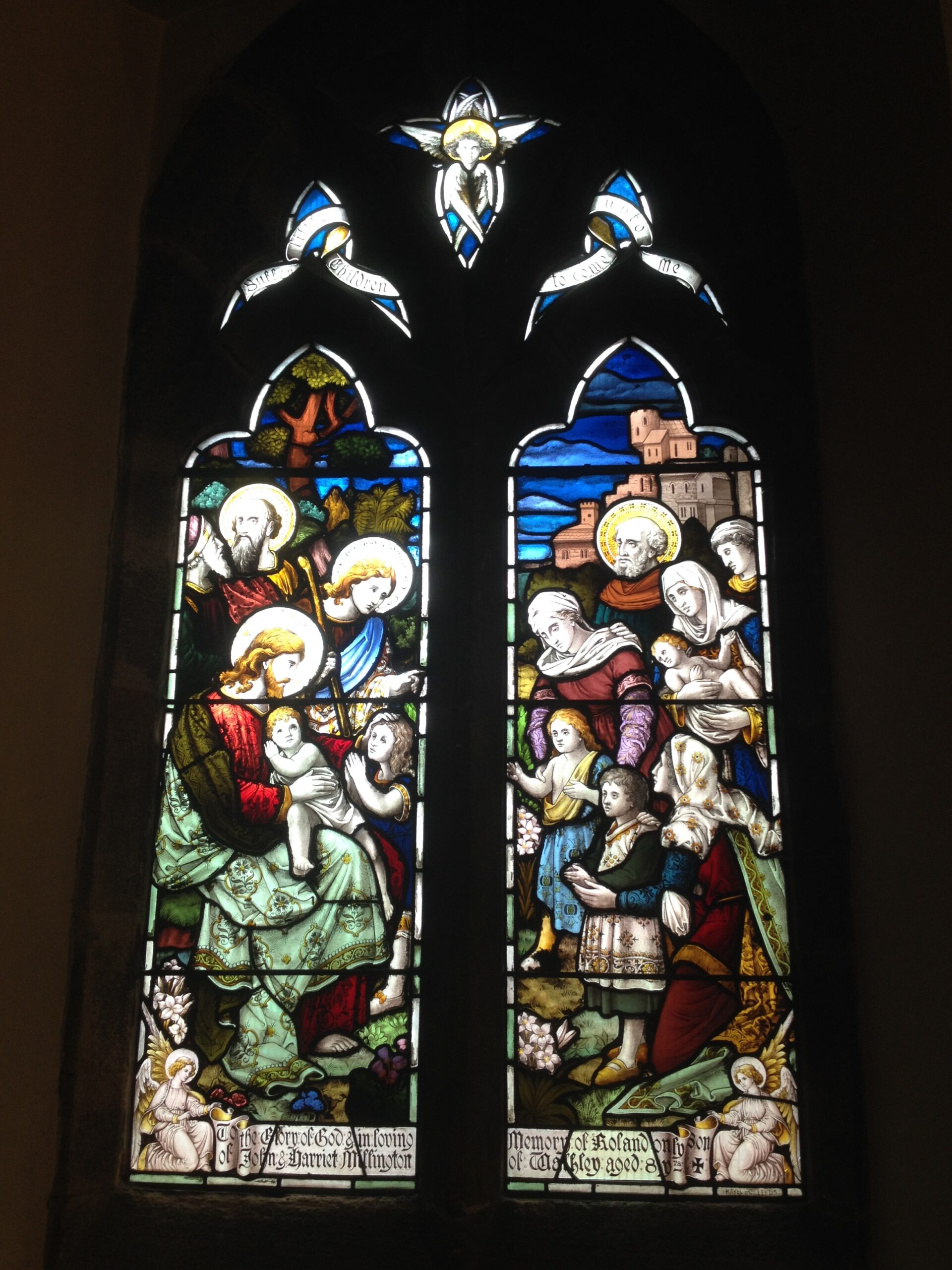
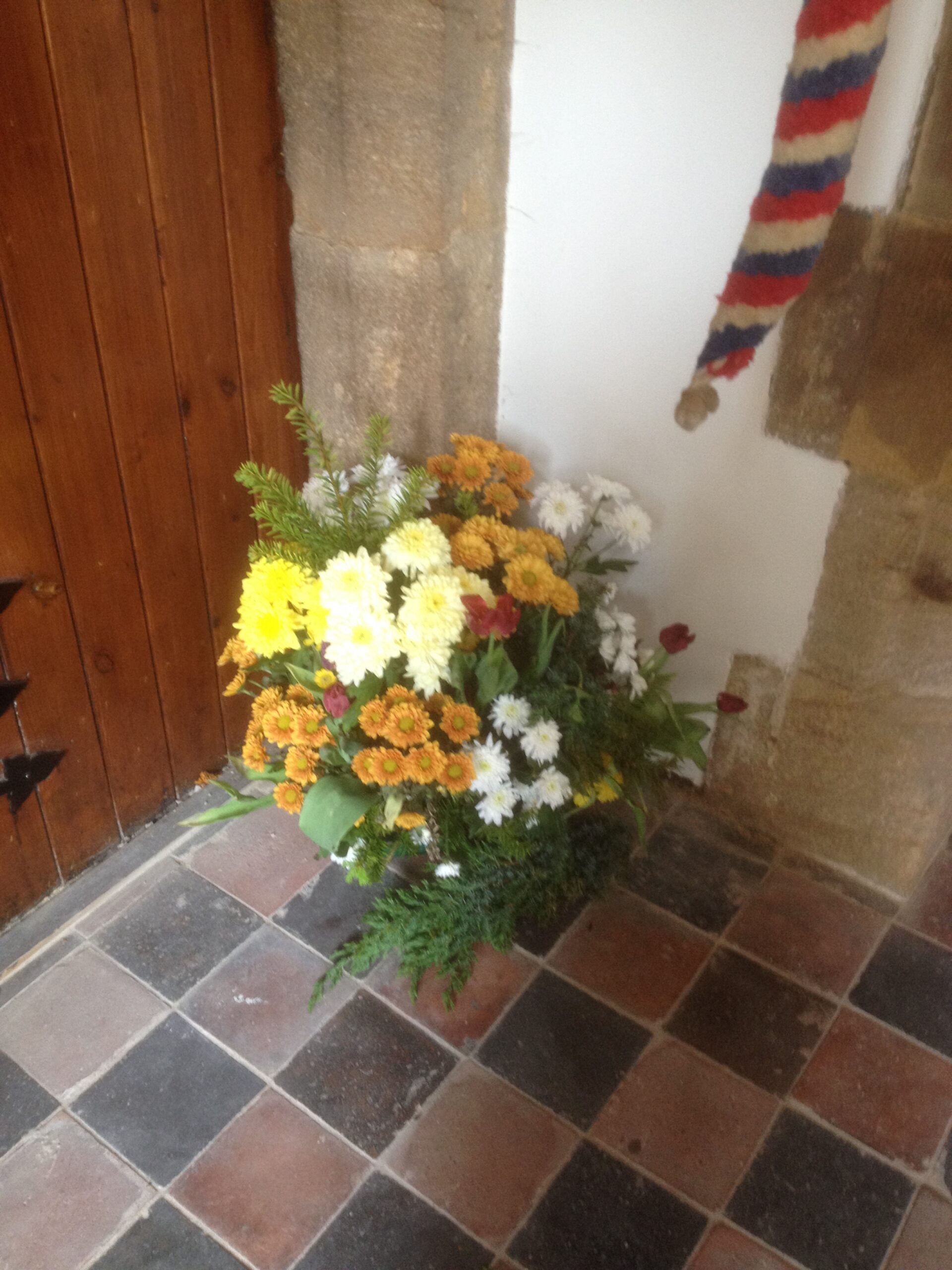

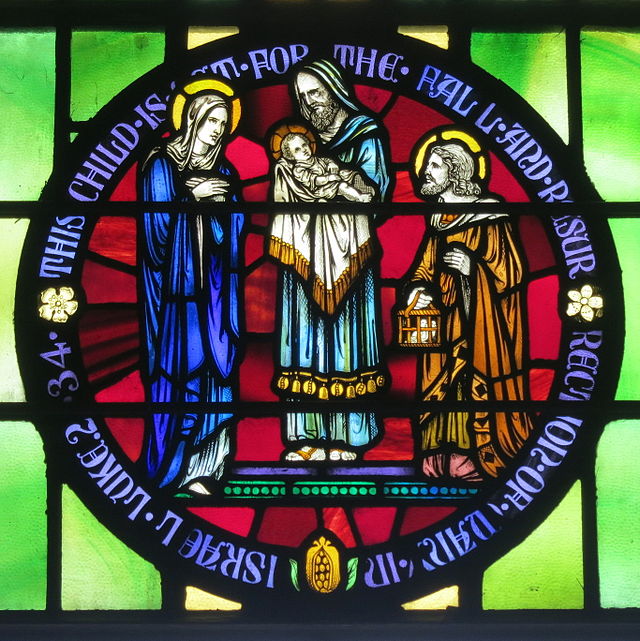
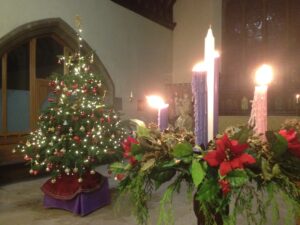
 Based around
Based around  Based around
Based around  Based around
Based around